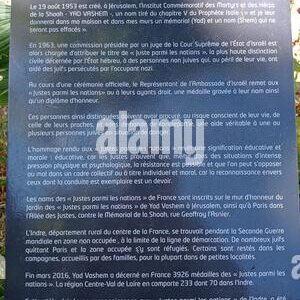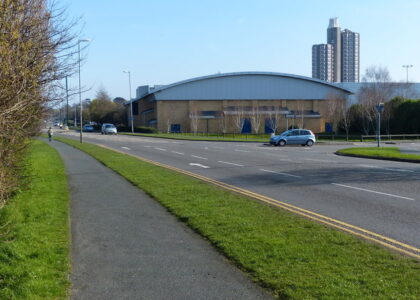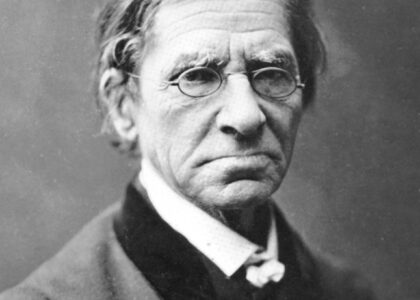Welcome to The Chamber, also known as the Selma Stage Stop Visitor Center, in the historic city of Selma, Texas. This site is steeped in the rich tapestry of Texan history, dating back to its founding in 1847. Although the origin of the name ‘Selma’ remains a mystery, this settlement was one of the many founded by German pioneers along the Cibolo Creek. The city of Selma emerged as a crucial stop on the Old Austin Road, now known as Interstate 35. Early settlers, John D. Brown and William Davenport, were prominent figures in the area, running cattle on the open range until 1860.
In the 1870s, Selma experienced an influx of German and Polish immigrants, which led to the establishment of vital community structures such as a school, a grist mill, a cotton gin, and a post office that doubled as a stagecoach stop. These developments marked Selma as a vibrant hub of activity and growth in the region.
As you explore, imagine the hustle and bustle of the stagecoach days, when travelers and goods flowed through this very spot. The echoes of horse hooves and the chatter of pioneers might still be felt in the air. Selma’s role as a stopover for stagecoaches highlights its importance in connecting various settlements in Texas.
Over time, Selma has evolved from a stagecoach stop to a thriving city that covers approximately five square miles across three counties: Bexar, Comal, and Guadalupe. Today, with a growing population of over 5,000 residents, Selma blends its historical roots with modern development. The city is home to Retama Park, a renowned horse-racing facility that opened in 1995, offering races for both turf and dirt running horses.
Selma’s history is not just confined to its past. The city continues to grow, with ongoing residential developments and a business-friendly atmosphere attracting major car dealerships and industrial parks. The Chamber stands as a testament to Selma’s journey from a humble settlement to a dynamic city with a promising future. As you delve into the stories of this historic location, you become a part of the ongoing narrative of Selma, Texas.





